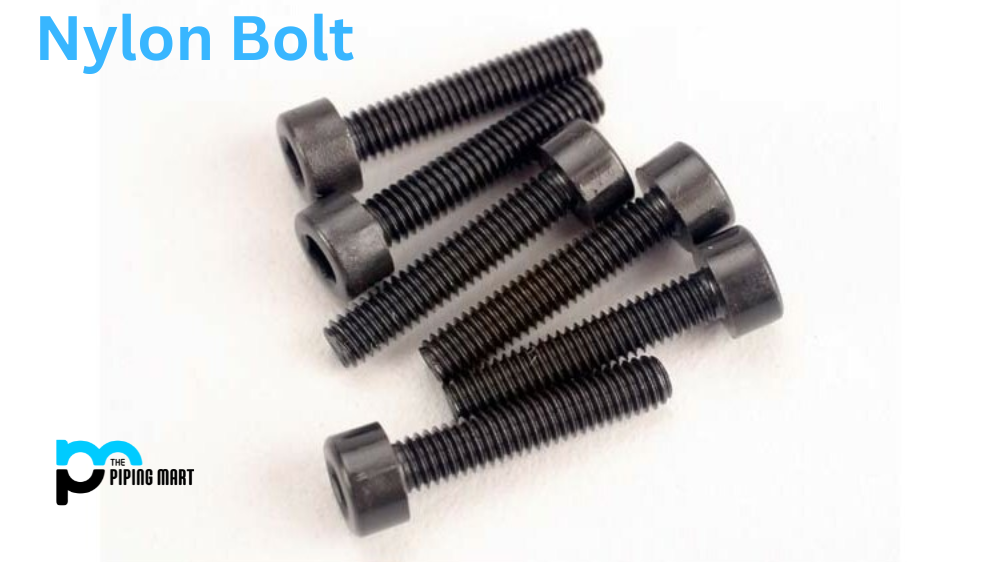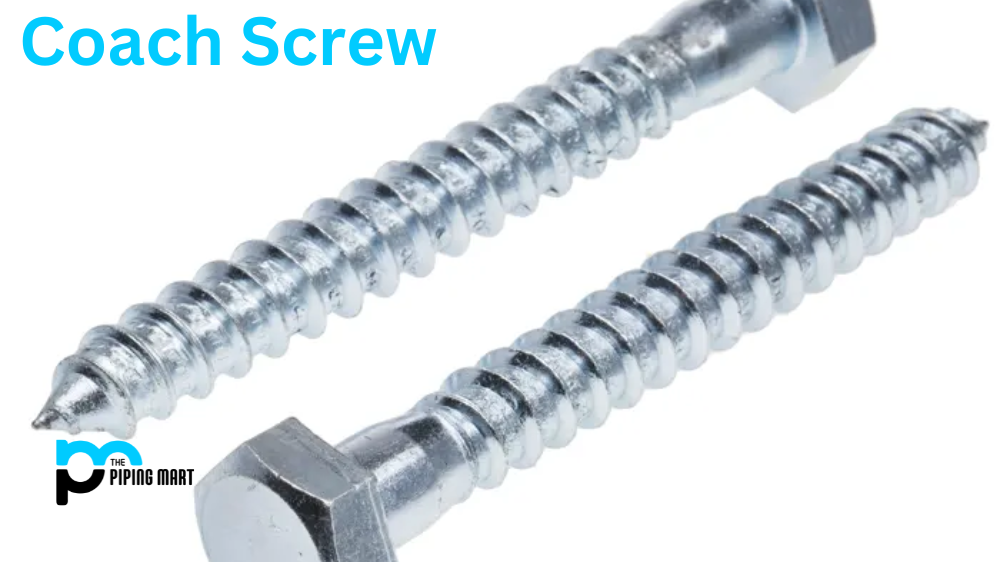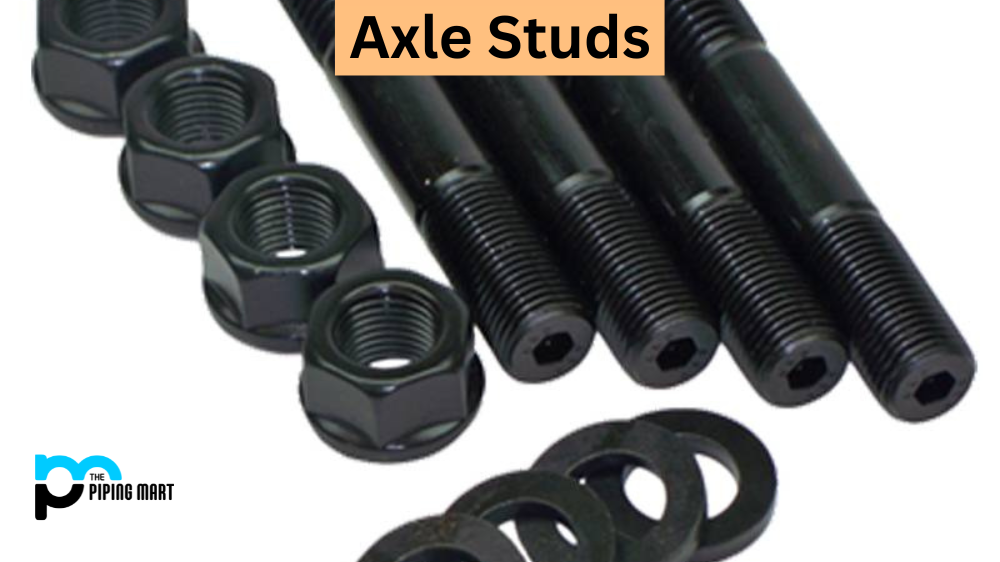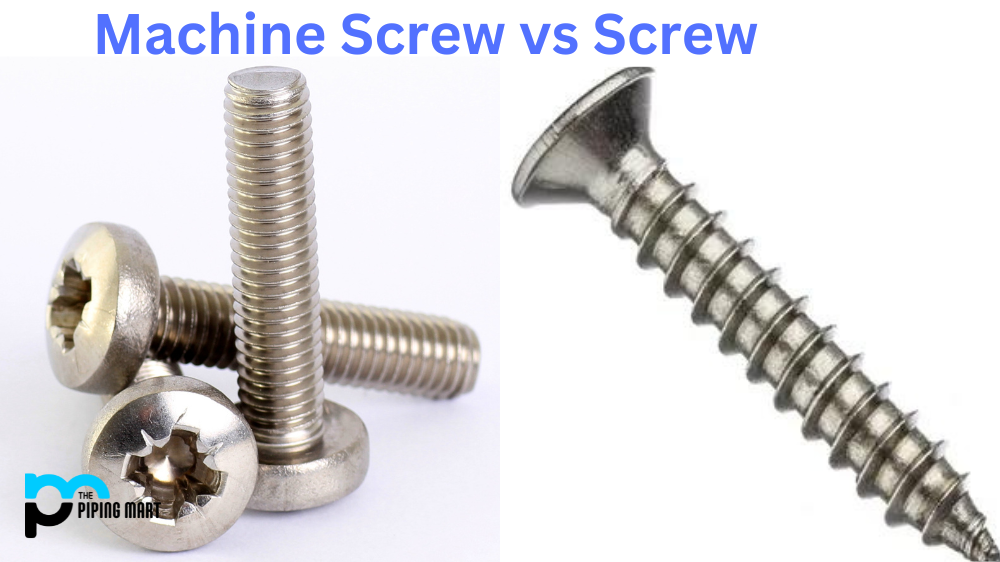When it comes to choosing bolts, various materials are available. One popular option is nylon bolts. They’re lightweight, inexpensive, and corrosion-resistant. However, like any material, they have their drawbacks. In this blog post, we’ll examine the advantages and disadvantages of nylon bolts and help you determine if they’re the right choice for your project.
What is Nylon Bolts?
A Nylon Bolt is a type of fastener made from nylon material. This synthetic polymer has high tensile strength, making it an excellent choice for various industrial and commercial applications. It is also known for its lightweight and corrosion-resistant properties, ideal for wet or harsh environments.
Nylon bolts are in different sizes, shapes, and types to suit specific needs. They are commonly used in electrical industries due to their non-conductive nature, preventing any risk of electrical shock. However, they are also widely used in the automotive and construction sectors.
One significant advantage of using nylon bolts compared to metal ones is their ability to absorb vibration without loosening or falling apart easily. This makes them perfect for securing machinery and equipment that experiences constant movement.
Another impressive feature of nylon bolts is their ease of installation. They do not require specialized tools or techniques, so even amateurs can quickly assemble them with minimal effort.
Advantages of Nylon Bolts:
Corrosion Resistance
The biggest advantage of using nylon bolts is that they are highly corrosion-resistant. This means they can be used in any moisture or chemical exposure situation. Additionally, they do not rust or corrode, so you won’t have to worry about replacing them due to wear and tear.
Excellent Insulator:
Nylon is an excellent insulator, which makes Nylon bolts an ideal choice for applications that require electrical insulation.
Resilience:
Nylon bolts are quite resilient and can withstand much pressure and weight. They are also flexible enough to bend but not break under intense pressure.
Cost-Effective:
Compared to metal bolts, Nylon bolts are much more affordable. They are an excellent option for projects with budget constraints.
Insulation Properties
Nylon is an excellent thermal insulator and also has low electrical conductivity. This makes nylon bolts ideal for applications that prevent the transfer of heat and electricity between two parts. Additionally, they will not react with other metals or materials during this process.
Lightweight
Compared to other materials, nylon bolts are lightweight, which makes them easy to handle and transport. This reduces the risk of injury while loading and unloading materials. Additionally, their lower weight means less support is required during installation.
Disadvantages of Nylon Bolts:
Low Temperature Tolerance
While nylon bolts have excellent temperature resistance, they have a low tolerance for extreme cold temperatures. They can become brittle and easily break if installed in very low temperatures.
Low Load Capacity
Nylon bolts are not recommended in applications requiring a high load capacity. They have a lower tensile strength than other materials and can deform or break under stress.
Not UV Stable
Nylon bolts are not UV stable, which means they will be degraded by sunlight over time. This is a concern in outdoor applications where the bolts are exposed to sunlight regularly. They may become brittle and more susceptible to breakage over time.
Susceptible to Chemicals:
While Nylon bolts are generally chemical-resistant, they are still susceptible to some chemicals such as oil and petrol. This makes them unsuitable for projects that require exposure to these chemicals.
Limited Applications:
Nylon bolts are only suitable for specific applications and are not ideal for industrial usages such as construction and manufacturing.
Conclusion:
Nylon bolts are an excellent choice for applications that require corrosion resistance, insulation properties, and lightweight materials. However, they do have limitations and are only suitable for some applications. Before selecting them for your project, weigh the advantages and disadvantages of using nylon bolts. Ensure that they meet your requirements and are safe to use. If you need more clarification, consult a professional in the field who can help you make the right decision.

A passionate metal industry expert and blogger. With over 5 years of experience in the field, Palak brings a wealth of knowledge and insight to her writing. Whether discussing the latest trends in the metal industry or sharing tips, she is dedicated to helping others succeed in the metal industry.




